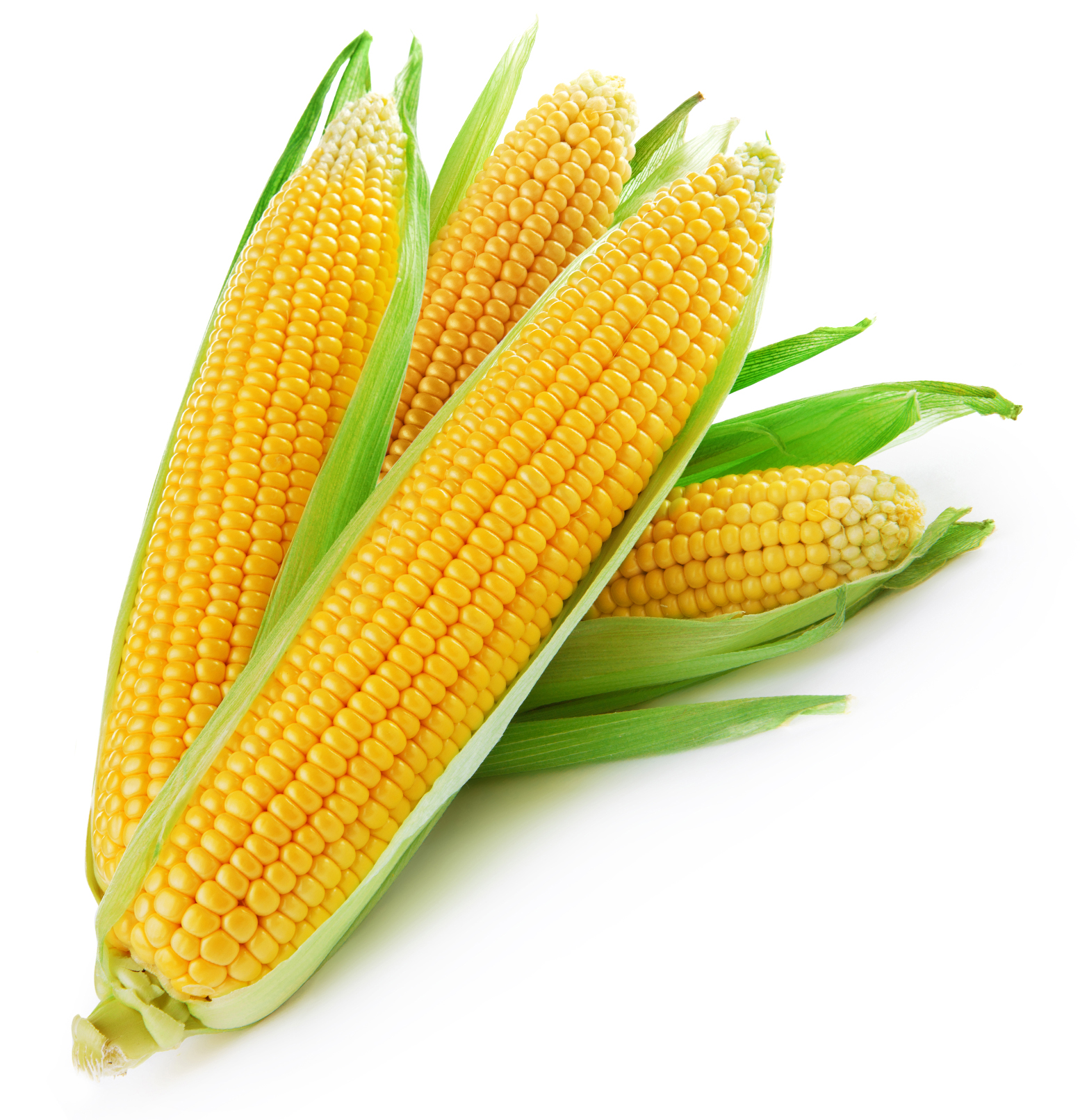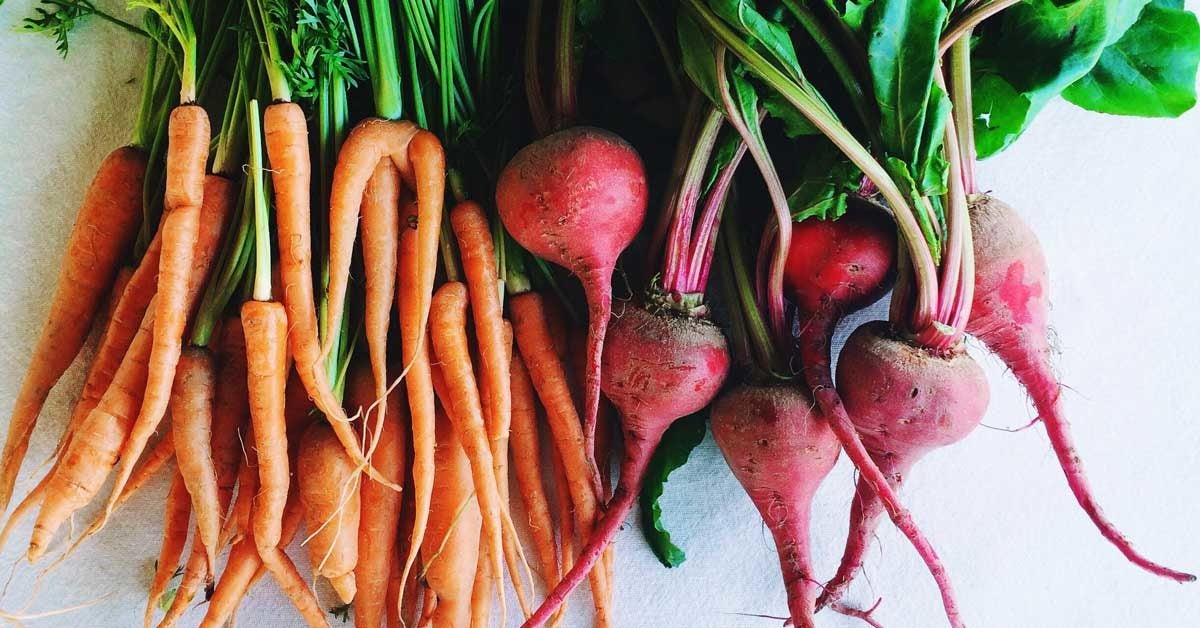The Best Companion Plants For Cucumbers
Title: The Best Companion Plants for Cucumbers
Introduction:
Cucumbers are a popular summer vegetable that can be grown in most gardens. They are relatively easy to care for, but they can benefit from being planted near certain companion plants. Companion planting is a gardening technique that involves planting different types of plants together to create a mutually beneficial relationship. Some companion plants can help to deter pests, improve soil quality, or attract pollinators.
Main Content:
Here are some of the best companion plants for cucumbers:
- Legumes: Legumes, such as beans, peas, and lentils, are nitrogen-fixing plants. This means that they can convert atmospheric nitrogen into a form that can be used by other plants. Nitrogen is an essential nutrient for plant growth, so planting cucumbers near legumes can help to improve their health and yield.
- Corn: Corn is another good companion plant for cucumbers. Corn provides a sturdy trellis for cucumbers to climb, and it also shades the soil, which helps to keep it cool and moist. This is important for cucumbers, which prefer warm, humid conditions.

- Root vegetables: Root vegetables, such as carrots, beets, and radishes, do not compete with cucumbers for space or nutrients. They also help to break up the soil, which can improve drainage and aeration. This can benefit cucumbers, which are susceptible to root rot.

- Flowers: Some flowers, such as marigolds, nasturtiums, and sunflowers, can help to deter pests from cucumbers. Marigolds and nasturtiums release chemicals that repel insects, while sunflowers can attract beneficial insects, such as ladybugs and parasitic wasps.

- Herbs: Some herbs, such as dill and oregano, can also help to deter pests from cucumbers. Dill attracts beneficial insects, such as bees and butterflies, which help to pollinate the cucumbers. Oregano has insecticidal properties, and it can help to repel aphids, spider mites, and other pests.

Conclusion:
By planting cucumbers near the right companion plants, you can help to improve their health, yield, and resistance to pests. When choosing companion plants, it is important to consider the size and growth habits of both plants. For example, you would not want to plant cucumbers near a large, fast-growing plant that would shade them out.
Here are some additional tips for companion planting with cucumbers:
- Plant companion plants close together so that they can benefit from each other's presence.
- Water and fertilize all of your plants evenly.
- Monitor your plants for pests and diseases, and take action if necessary.
With a little planning, you can create a healthy and productive garden by using companion planting techniques.
Cucumbers are a popular summer vegetable that can be grown in many different climates. There are a number of companion plants that can be grown with cucumbers to improve their growth and yield. Some of the best companion plants for cucumbers include:
- Beans: Beans are nitrogen-fixing plants, which means they can help to improve the nitrogen content of the soil. This is beneficial for cucumbers, which are heavy feeders.
- Carrots: Carrots do not compete with cucumbers for space or nutrients. They also help to repel pests such as aphids and carrot rust flies.
- Dill: Dill is a fragrant herb that attracts beneficial insects such as pollinators and parasitic wasps. These insects can help to control pests that damage cucumbers.
- Marigolds: Marigolds are another fragrant herb that repels pests such as aphids, whiteflies, and beetles. They also help to improve the drainage of the soil, which is important for cucumbers.
- Sunflowers: Sunflowers can provide a natural trellis for vining cucumber varieties. They also help to attract pollinators, which are essential for cucumber pollination.
For more information about companion plants for cucumbers, please visit Home Gardening.
FAQ of companion to cucumbers
- What are good companion plants for cucumbers?
Some of the best companion plants for cucumbers include:
Legumes: Legumes, such as peas, beans, and lentils, are nitrogen-fixing plants that can help to improve the soil quality for cucumbers. They also help to suppress weeds and attract beneficial insects.
Root vegetables: Root vegetables, such as carrots, beets, and radishes, do not compete with cucumbers for space or sunlight. They can also help to improve the drainage of the soil.
Flowers: Flowers, such as marigolds, nasturtiums, and sunflowers, can help to attract beneficial insects and deter pests. They can also help to add color and interest to your garden.
Herbs: Herbs, such as dill and oregano, can help to repel pests and attract pollinators. They can also add flavor to your cucumbers.
What are bad companion plants for cucumbers?
Some plants that should not be planted near cucumbers include:
Squash: Squash and cucumbers are both members of the cucurbit family, and they can cross-pollinate. This can lead to poor-tasting cucumbers.
Potatoes: Potatoes and cucumbers can compete for nutrients and water. They can also attract the same pests.
Melon: Melons and cucumbers are both susceptible to the same pests and diseases. Planting them near each other can increase the risk of infection.
Tomatoes: Tomatoes and cucumbers can attract the same pests, such as aphids and whiteflies. Planting them near each other can make it more difficult to control these pests.
How far apart should cucumbers be planted?
Cucumbers should be planted about 18-24 inches apart. This will give them enough space to grow and spread. If you are planting vining cucumbers, you will need to provide them with a trellis or other support.
- How much water do cucumbers need?
Cucumbers need regular watering, especially during hot weather. The soil should be kept moist but not soggy.
- What are some common pests and diseases that affect cucumbers?
Some common pests and diseases that affect cucumbers include:
- Aphids: Aphids are small, sap-sucking insects that can cause cucumbers to wilt and deform. They can be controlled with insecticidal soap or neem oil.
- Whiteflies: Whiteflies are small, winged insects that can transmit plant viruses. They can be controlled with insecticidal soap or neem oil.
- Squash bugs: Squash bugs are large, black-and-yellow insects that can suck the juice out of cucumbers. They can be controlled with insecticidal soap or neem oil.
- Downy mildew: Downy mildew is a fungal disease that can cause cucumbers to develop a grayish-white mold. It can be controlled by planting resistant varieties and avoiding overhead watering.
Post a Comment for "The Best Companion Plants For Cucumbers"